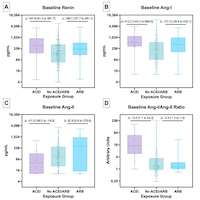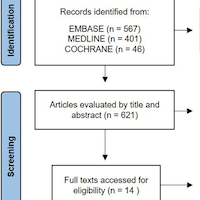Risk factors and events in the adult ICU associated with pain as self-reported at the end of the intensive care unit stay
pubmed.ncbi.nlm.nih.gov
The short-term and long-term consequences of the most frequent painful procedures performed in the ICU are unclear. This study aimed to identify the risk factors associated with pain-related discomfort perceived by critically ill patients during the whole ICU stay as self-reported by patients at the end of their ICU stay.
The study involved 34 ICUs. Adult patients who survived an ICU stay of 3 calendar days or more were eligible for inclusion. Discomforts, including the pain-related discomfort, were assessed using the French 18-item questionnaire on discomfort in ICU patients, the “Inconforts des Patients de REAnimation” (IPREA).
Patients scored each item from 0 (minimal discomfort) to 10 (maximal discomfort). Associations between patient characteristics at ICU admission, life support therapies and main potentially painful procedures performed during the ICU stay and pain-related discomfort scores assessed at the end of the ICU stay were analyzed.
Patients with complete IPREA questionnaires (n = 2130) were included. The median pain-related discomfort score was 3 (IQR 0-5).
From the univariate analysis, pain-related discomfort scores were negatively correlated with age and positively correlated with ICU stay duration; surgical patients reported significant higher pain-related discomfort scores than medical patients; chest drain insertion, chest drain removal, use of bladder catheter, central venous catheter (CVC) insertion, complex dressing change, and intra-hospital transport were associated with pain-related discomfort scores.



















